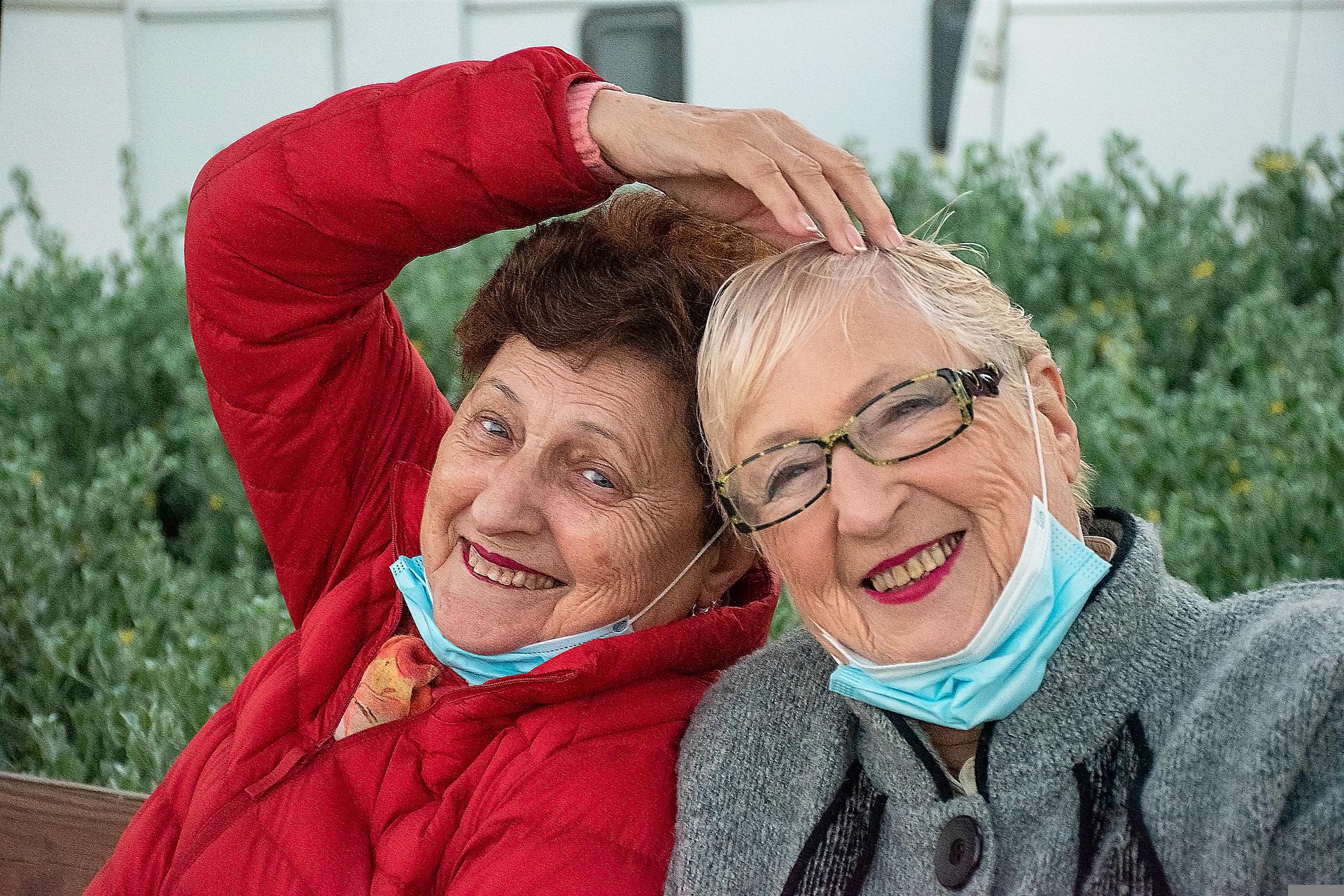News release
From:
Some people fared better than others during COVID-19 pandemic due to genetics
Genetic factors played a greater role in a person's overall wellbeing as the pandemic wore on
Everyone has been impacted by the COVID-19 pandemic, but a new study by Lude Franke and colleagues of the University of Groningen, Netherlands finds that some individuals weathered the stress of the pandemic better than others, in part, due to their genetics. The new study is publishing on May 12th in the open-access journal PLOS Genetics.
How a person perceives their quality of life depends on a combination of factors that include the genes they inherited from their parents and their environment — a mix of nature and nurture. Studying genes related to quality of life can be complicated, but the COVID-19 pandemic allowed Franke and his colleagues to investigate how this stressful, worldwide event interacted with a person's genetics to affect their overall wellbeing. The team screened the genomes of more than 27,000 participants in the Netherlands who had donated genetic material to a biobank. Then they looked for connections between genetic variants and the participants' responses to a series of questionnaires about lifestyle and mental and physical health given over 10 months, starting in March 2020.
The researchers found that some individuals had a genetic tendency toward better wellbeing than others during the pandemic. Additionally, as the pandemic wore on, they found that genetic tendency had an increasingly powerful influence on how those people perceived their quality of life, potentially due to the social isolation required by strict COVID-19 containment measures. Moreover, the findings demonstrate that the contribution of genetics to complex traits like wellbeing can change over time.
Fellow author Robert Warmerdam adds, “The COVID-19 pandemic has been a unique opportunity to investigate the impact of genetics on wellbeing in a time wherein we had to socially isolate ourselves. We found that it is during the first, stressful year of the pandemic that it is our nature that has gained relative impact on how we rate our lives.”
#####



 International
International



